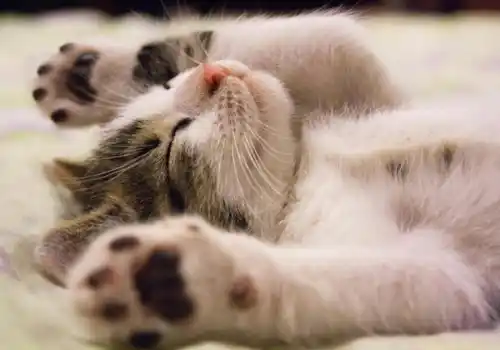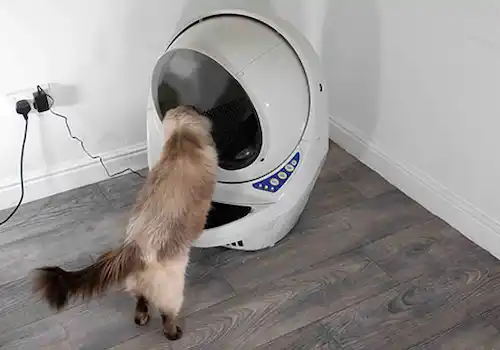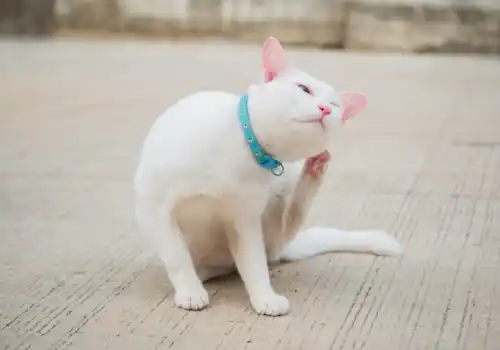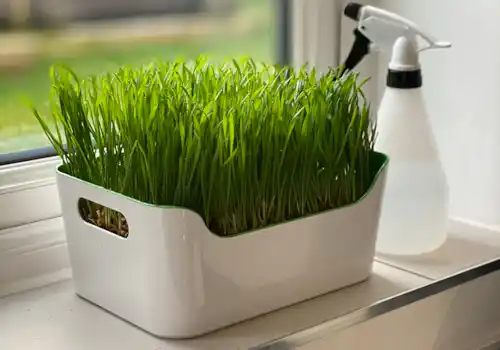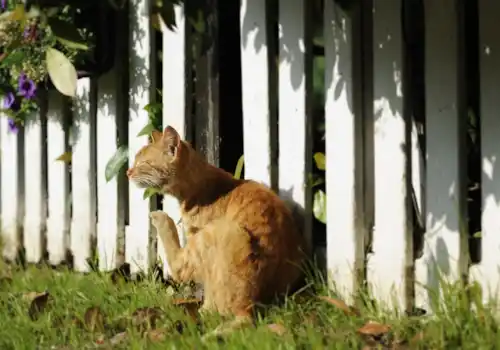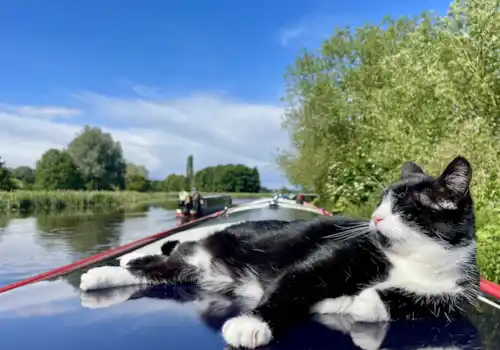How can you tell if your cats really enjoy each other's company? Behaviourist Francesca Riccomini advises...
(Q) We have two cats - three-year-old Tara and five-month old Kiera. Over the past six months we have noticed Tara over-grooming her back legs. She is quite a happy cat who thrives on activity.
Our street is highly populated with cats and several 'enemies' come into our garden, although our cat flap does not allow other cats into the house. The large hooded litter tray is situated next to the glass patio doors and they often sit on top of it, watching the birds. Both cats seem to enjoy each other's company, however, they have the odd moment where they have a mild scrap. Is Tara unhappy?
Behaviourist Francesca Riccomini says: Your cats may get on well for much of the time but if they have scraps they are not as comfortable with being close to each other as you may think.
Pets need plenty of hiding places, so experiment with beds, cardboard boxes and paper carrier bags (remove the handles for safety) and have several in each room. It's especially important to have such refuges in areas where cats have to pass close by each other and there is little 'cover', such as on landings and in hallways.
The garden area immediately outside the cat flap is often a scary place in modern gardens, because cats have huge open spaces to cross before they can fi nd bushes and shrubs to hide under or behind. This is particularly significant if there is a large feline population locally.
It's also intimidating for resident pets to have other cats looking in through full-length doors, especially if they have to use the loo under the direct gaze of a feline 'enemy' - having a hooded tray isn't enough. Instead, you need more trays in several private locations around the house.
Tension between your cats is likely to be higher around mealtimes, so feed them separately. In addition, you could try scattering their dry diet about the house for them to forage, or provide several dishes in various areas.
Exercise is also a good stress reducer, so play with them using interactive toys and have other toys that they can play with alone. Remember to rotate them to maintain your pets' interest. It would be a good idea to ask a feline behaviour counsellor for help, so ask your vet to refer you. The Association of Pet Behaviour Counsellors' website lists contact details for behaviourists.

